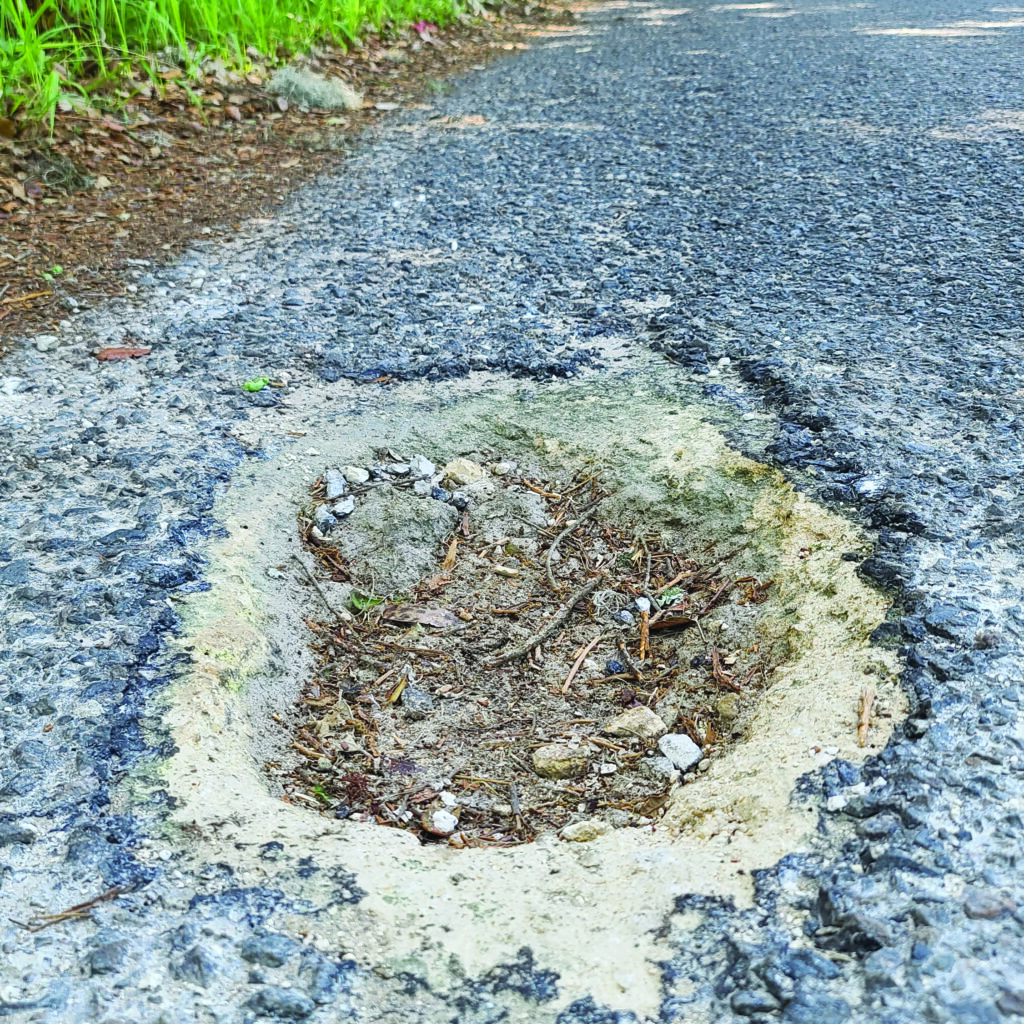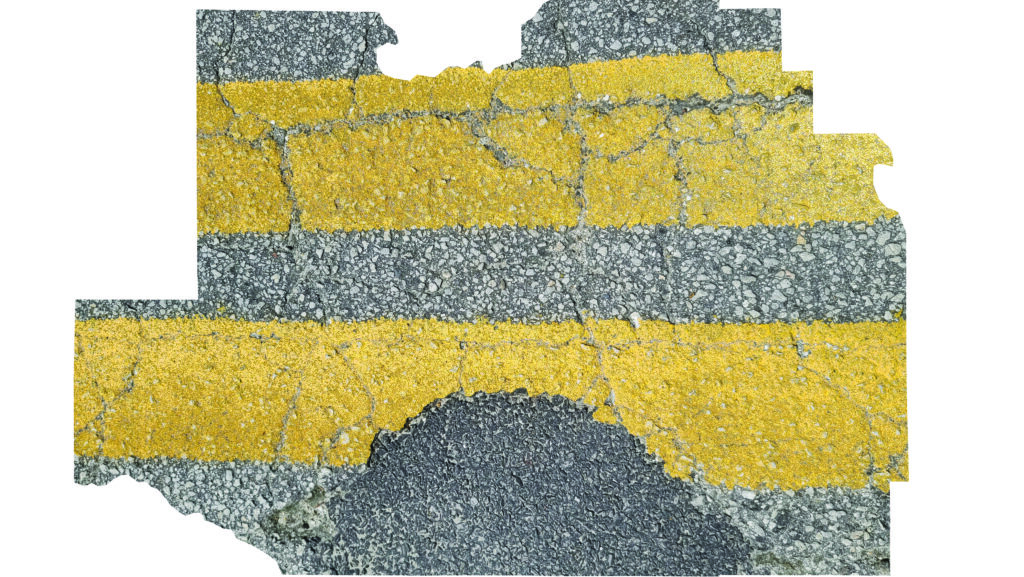Marion Road Funding

 Roads get no respect. No one pays attention to them until a pothole forms.
Roads get no respect. No one pays attention to them until a pothole forms.
Who’s responsible? Why hasn’t anyone fixed this yet? Don’t I pay taxes?
But the answers can be as complicated as a two-lane roundabout. Roads and who must fix them are a complex subject. They can fall under private, city, county, state or federal authority. It’s not too hard to figure out that the state is responsible for Silver Springs Boulevard, also known as State Road 40. But it’s not as easy when it comes to a pothole in your neighborhood.
The county, for example, does not pay to resurface neighborhood roads. Instead, neighborhoods must establish a Municipal Services Taxing Unit (MSTU), which taxes the residents in the neighborhood for road repairs or other improvements. The neighborhood votes on whether it wants to pay, and the Marion County Board of County Commissioners reviews and usually approves the plan.
That’s exactly what happened just last week.
County commissioners approved a road assessment for the Magnolia Shores / Smith Lake Acres Unit 1 area during its April 6 meeting. The development is located where Southeast 110th Street Road meets Southeast 101st Avenue Road near Lake Weir. The project will strip and repave nearly a mile’s worth of road and improve drainage.
But getting to that point took two years.
In April 2019, a petition first went out to residents. Eventually, after more meetings and plans, the assessment got the green light. The project is estimated to cost residents more than $6,000 per parcel over 10 years or a total of nearly $420,000.
Resident Terrence Johnson spoke at the meeting in favor of the road assessment, despite the price tag.
“It’s difficult to walk on them, can’t have our grandkids on them,” Johnson said. “And I know it’s unfair in some ways to some of the people in the neighborhood, but we’d certainly like to see the county commission move forward with this.”
Still, any construction is till months away.
The Office of the County Engineer is responsible for county roads outside of neighborhoods. They pay for maintenance with funding from the gas tax and the penny tax, but things can get complicated fast.
The county can work on county roads even if they travel through a city, but they can’t touch a city road or a state or federal road and vice versa, said Tracy Straub, Marion County engineer.
However, sometimes different authorities work together to solve complex problems.
 For example, the county is working with the Florida Department of Transportation on a new interchange on Interstate 75, which is a federal highway. A planned feeder road is an Ocala project. The different agencies work to keep traffic flowing for everyone.
For example, the county is working with the Florida Department of Transportation on a new interchange on Interstate 75, which is a federal highway. A planned feeder road is an Ocala project. The different agencies work to keep traffic flowing for everyone.
“If you owned a paper and you send out one of your staff members to do an interview on somebody and he spends an hour extra on traffic, we didn’t help our business community either,” Straub said. “So, when we begin to see problems like that, we have to start working with our partners and say, ‘Hey, how do we fix these things?’”
As the city of Ocala and the rest of the county continues to grow, the road system needs to support more people and keep traffic moving. In the case of the new interchange, the goal is to collaboratively form an east-west corridor that can then connected to I-75 near Northwest 49th Street.
But construction on the project won’t start until 2026.
When it comes to roads, the process is usually methodical, in part because of the layers of authority, but mostly because of money.
In Ocala, whenever an issue with a city road is reported, it is investigated, and its condition is evaluated. From there, it becomes a question of funding.
“We have a design, we have a cost estimate, then we’ll have to see how are we going to fund it,” said Noel Cooper, transportation engineer for the city. “Are we going to apply for a grant… or we apply for assistance from the county or we can have our portion of the gas tax.”
It all takes time.
Editor’s note: Noel Cooper’s name was incorrectly spelled in a previous version of this story.






